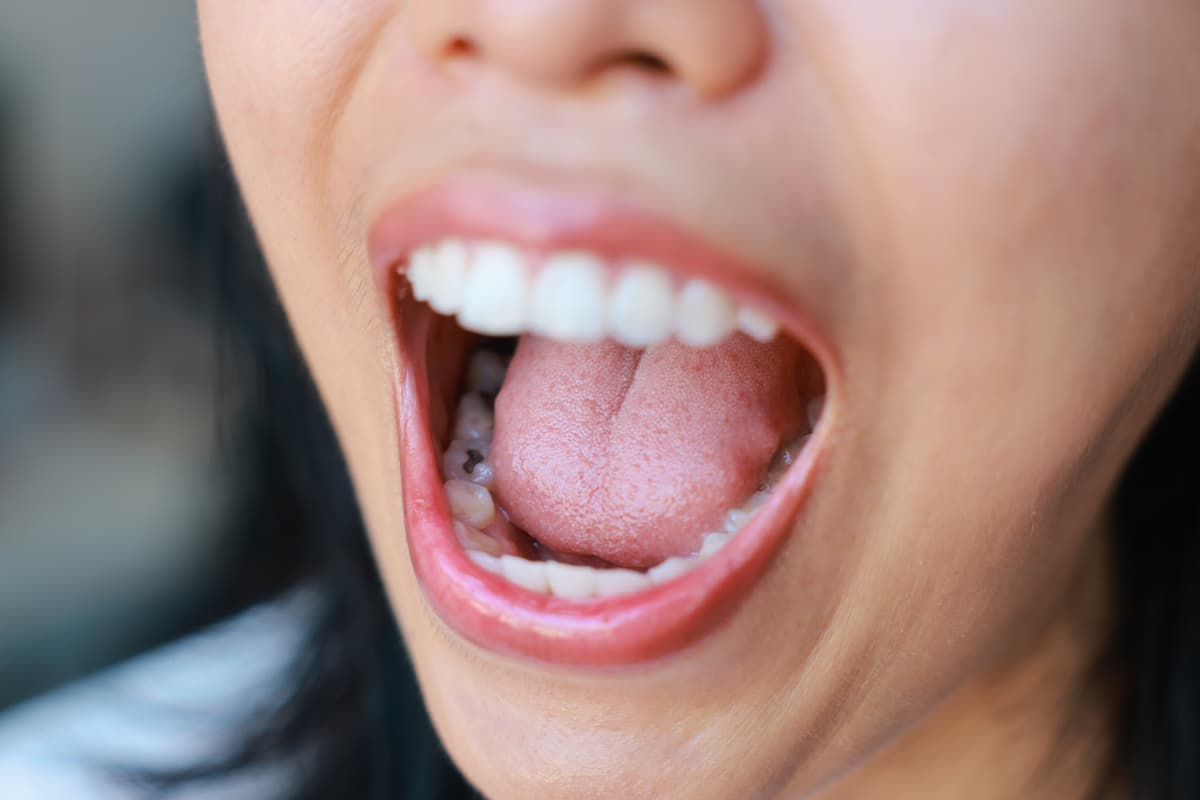Dry Mouth (Xerostomia): What It Means for Your Oral Health

A well-hydrated mouth isn’t just comfortable, it’s essential for maintaining healthy teeth and gums. But if your mouth frequently feels dry, sticky, or uncomfortable, it could be a sign of xerostomia, or chronic dry mouth. At Future Dental in Cairns, we’re here to help you understand what dry mouth means for your oral health and what treatment options are available to protect your smile.
What Is Dry Mouth and Why Does It Matter?
A dry mouth occurs when your salivary glands don’t produce enough saliva. Saliva does much more than keep your mouth moist, it neutralises acids, helps wash away food particles, and supports the health of your teeth and gums. Without it, your oral environment becomes more vulnerable to decay, gum disease, and discomfort.
Patients with dry mouth often experience:
- A sticky, dry feeling in the mouth and throat
- Difficulty speaking, chewing, or swallowing
- Cracked lips or a dry tongue
- Bad breath
- Increased risk of tooth decay and gum disease
If left untreated, dry mouth and tooth decay or dry mouth and gum disease can become serious concerns, particularly in older adults or those with underlying health conditions.
Common Causes of Xerostomia
There are several potential causes of xerostomia, ranging from medical conditions to lifestyle factors. Some of the most common include:
- Medications: Many prescription and over-the-counter medications list dry mouth as a side effect, including those for high blood pressure, depression, and allergies.
- Health Conditions: Chronic conditions such as diabetes, Alzheimer’s, and Sjogren’s syndrome are often linked to persistent dry mouth.
- Radiation Therapy: Cancer treatments that involve radiation to the head and neck can damage salivary glands.
- Dehydration: Not drinking enough water, or losing fluids due to illness or exercise, can temporarily reduce saliva production.
- Mouth Breathing or Smoking: These habits can dry out the mouth and worsen symptoms over time.
Understanding what’s behind your dry mouth is key to finding an effective dry mouth treatment plan.
How Dry Mouth Affects Your Oral Health
Saliva plays an important protective role in your mouth. Without it, bacteria can thrive, leading to cavities, infections, and inflammation. If you wear dentures, a dry mouth can also increase discomfort and reduce the stability of your prosthesis. In fact, many patients report a link between dentures and dry mouth, especially when ill-fitting appliances are involved.
If you’re noticing changes in your breath, there may also be a connection between dry mouth and bad breath due to bacteria buildup and lack of natural cleansing from saliva.
What You Can Do About Dry Mouth
The good news? There are several dry mouth remedies and treatments that can offer relief and protect your smile:
- Stay hydrated: Sipping water throughout the day can help keep your mouth moist.
- Saliva substitutes: Over-the-counter products or professionally recommended gels can mimic natural saliva.
- Sugar-free chewing gum or lozenges: These can stimulate saliva flow, especially those containing xylitol.
- Humidifiers: Adding moisture to the air at night can reduce symptoms while you sleep.
- Review your medications: If dry mouth is medication-related, your doctor or dentist may be able to suggest alternatives.
- Professional care: At Future Dental, we can provide targeted dry mouth treatment options, including custom care plans and preventive strategies to protect against decay and discomfort.
Let Future Dental in Cairns Help
If dry mouth is impacting your comfort or oral health, you don’t have to manage it alone. At Future Dental, we offer a personalised approach to xerostomia treatment, beginning with a thorough evaluation to determine the cause and help protect your smile.
Schedule your consultation with our Cairns dental team and experience lasting relief from dry mouth.



